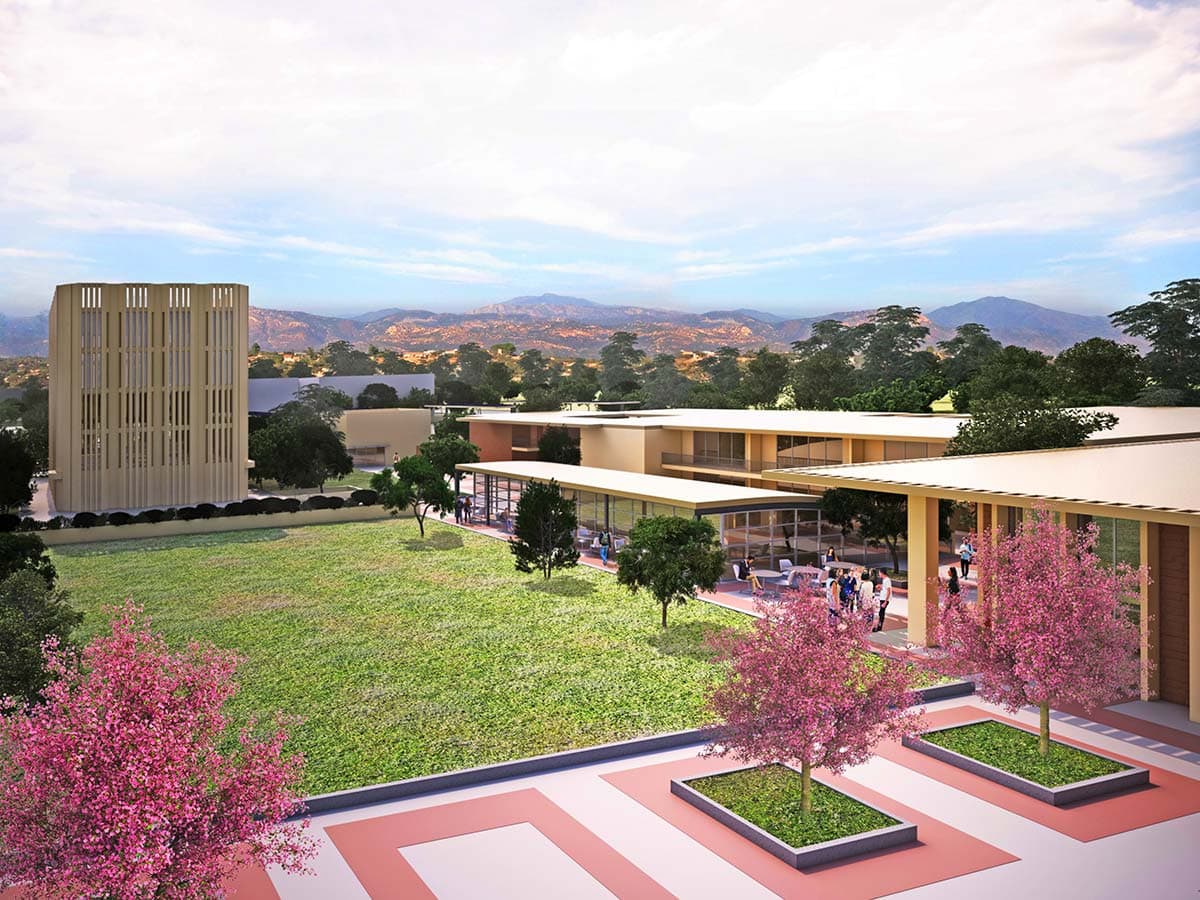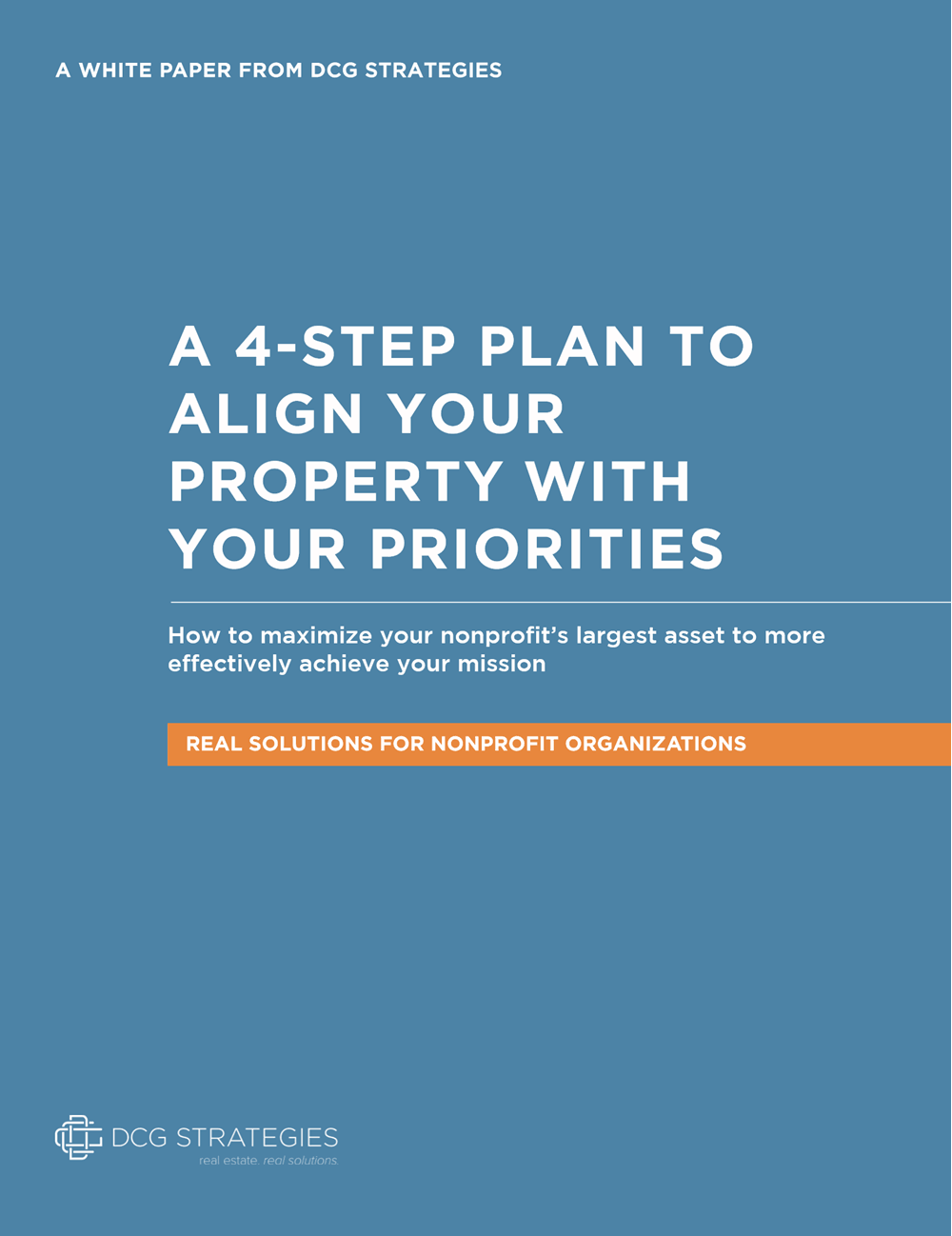Property: 1325 N College Ave, Claremont, CA
Claremont Theological Seminary is fully recognized and approved as one of thirteen official theological schools of The United Methodist Church, with close relationships with other Protestant denominations. With its present site in Claremont, CA, the School traces its history to 1885 and its ‘newest’ buildings having been constructed in the early 1970’s.
Unique Challenge
As Claremont’s seventh president, Jeffrey Kuan began his tenure in 2013 facing serious challenges to the school’s viability, including deferred maintenance and aging buildings, a changing student demographic and fundamental changes in education and learning models – each requiring significant consideration and investment, as each was a critical component to the sustainability and legacy of the School.After completing their strategic plan, it was apparent to Kuan that he needed to take a serious look at their campus. With 16.4 acres in beautiful Southern California, he knew he had a valuable asset, and wanted to understand through the lens of his strategic plan, the “highest and best use” options for the land, whether it be consolidation, sale or lease.
Solution Provided
Kuan knew his team lacked the professional expertise to do this kind of work, so he engaged DCG to assist in the following areas:
- Strategic discernment process included planning and communications. DCG created a strategic plan that complimented and integrated into the campus master plan, that not only showed the School what they needed to address immediately, but the options they had to best position themselves 5 to 10 years from now. The communication process was critical, and keeping their varied stakeholders engaged, informed and supportive was key to the School’s success.
- Land use analysis services to help understand the “current state” and provide options for the future:
- DCG reviewed the property and provided a realistic sense of the deferred maintenance and what was necessary to bring everything up to code — including the structural work, seismic work, geological studies, etc.
- DCG provided recommendations on how to best use the offices and classrooms including consolidation and retrofitting. This had to take into consideration the School’s move towards hybrid online teaching modalities and the necessity of classrooms to have enhanced technology. The recommendations included looking at student housing differently, as some of the students only come to campus three weeks a year versus requiring year round accommodations.
- Broker services: DCG is currently working with the School to sell the specified buildings and land to generate the capital needed to perform the rebuilding, upgrades and investments – all of which will help revitalize the School’s mission of preparing students to become agents of transformation and healing in churches, local communities, schools, non-profit institutions, and the world at large.






